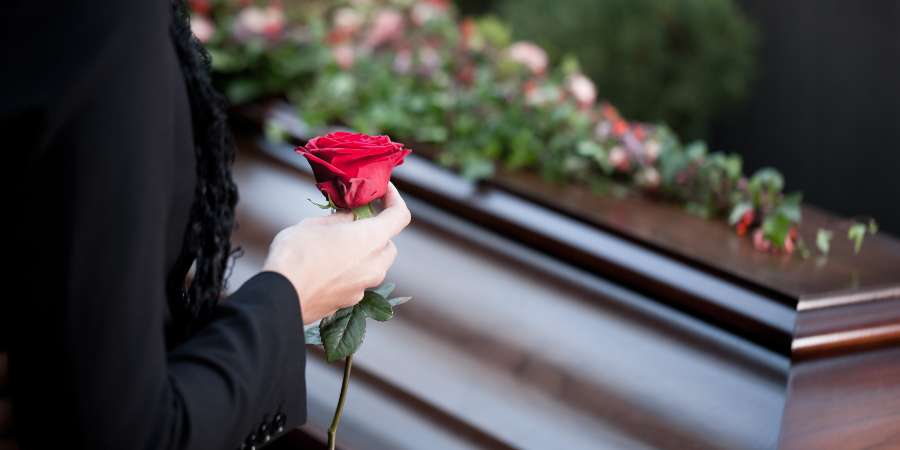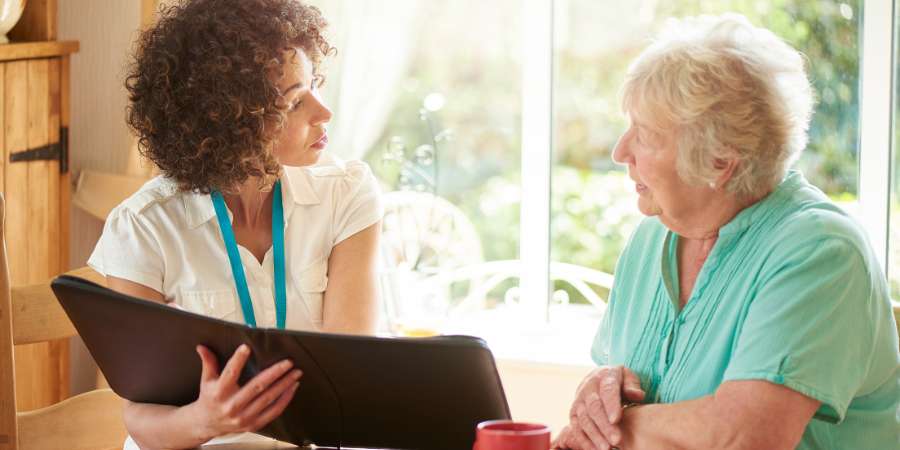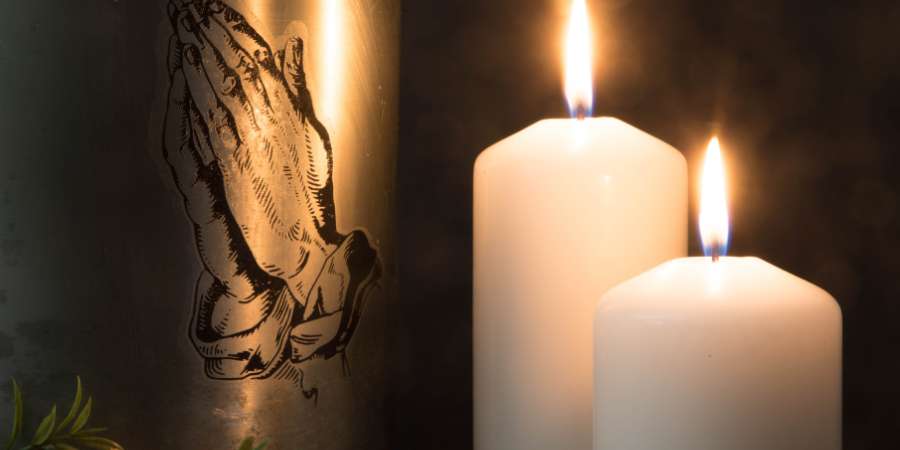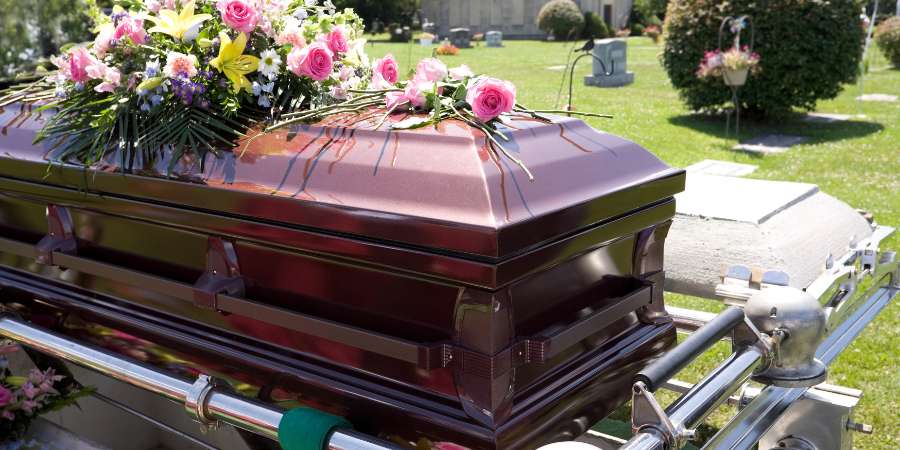Whether you are planning a funeral for a loved one you have lost, or you are forward planning your own funeral, funeral planning is a hard thing to do. We’d love to help make the process a little easier by helping you understand your choices and all the things you need to think of so you can make informed decisions and help the process go more smoothly.

Here are 5 things to think of when planning a funeral:
1. Think of the type of funeral you’d like
Think about the type of funeral service you’d like. This is a very personal choice, and often will be influenced by your religion and culture. For example, you may like traditional funeral along with a memorial service. If you are Māori you may plan a tangi – a traditional funeral rite – which will be performed on a marae.
This decision will shape other aspects of the planning process.
2. Decide whether to bury or cremate
Being buried or cremated is a personal choice. Sometimes, this preference may have been noted on a Will and other times you may need to decide which they would prefer based on your own knowledge.
This decision may also involve religious preferences and your budget as a cematery plot will involve additional expenses.
3. Decide on a budget
Think about your funeral budget. Take into account the costs associated with the funeral home, casket or urn, cemetery plot, headstone, flowers, transportation, catering, and other related expenses.

4. Find and engage a funeral home
Research and choose a reputable funeral home that can provide the necessary services and support during this difficult time. A good funeral home will make the entire process as easy and stress-free as possible and will organise all the things you need for you.
Some of the things that funeral homes can organise include:
- Planning the order of events during the funeral service, including any religious or cultural rituals, eulogies, music, readings, or other elements that will be included.
- Selecting the best venue for your funeral service. You may prefer a funeral home chapel, place of worship, graveside, or another meaningful location.
- Work in your personal touches such as displaying photographs, creating a memory table, playing meaningful songs, or including things that are special to the deceased.
- Arrange for transportation of the coffin to the funeral location and, if applicable, to the burial or cremation site.
- Coordinating logistics such as getting the necessary permits and documents, organising seating arrangements, preparing an obituary, arranging for catering, and organising funeral flowers.

5. Let your friends and family know
Once you have all the arrangements set up, it is time to notify your family and friends. Create a list of people who may like to attend the funeral, and supply them with the funeral arrangements. You may also like to put a notice in the paper.
Remember, this is just a general guide. Planning a funeral is a very personal thing, and many things can influence how this is approached and carried out including cultural traditions, legal requirements and budget. It can be helpful to consult with professionals, such as funeral directors, who can offer guidance and support throughout the process.










Discussion about this post